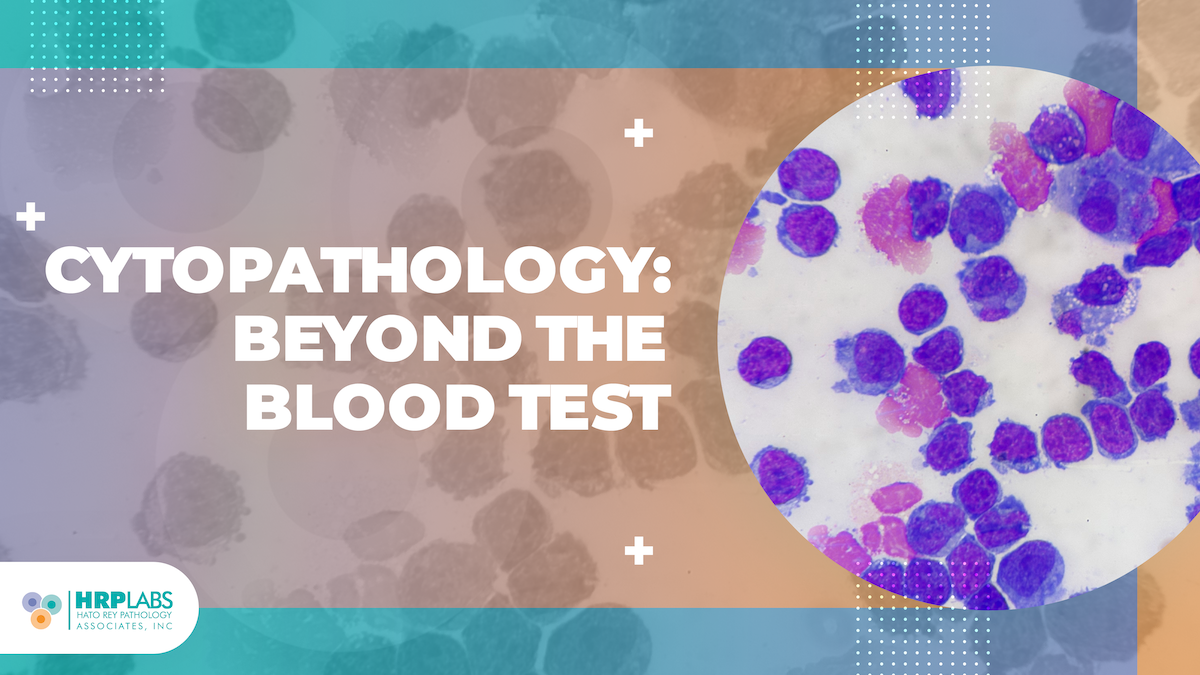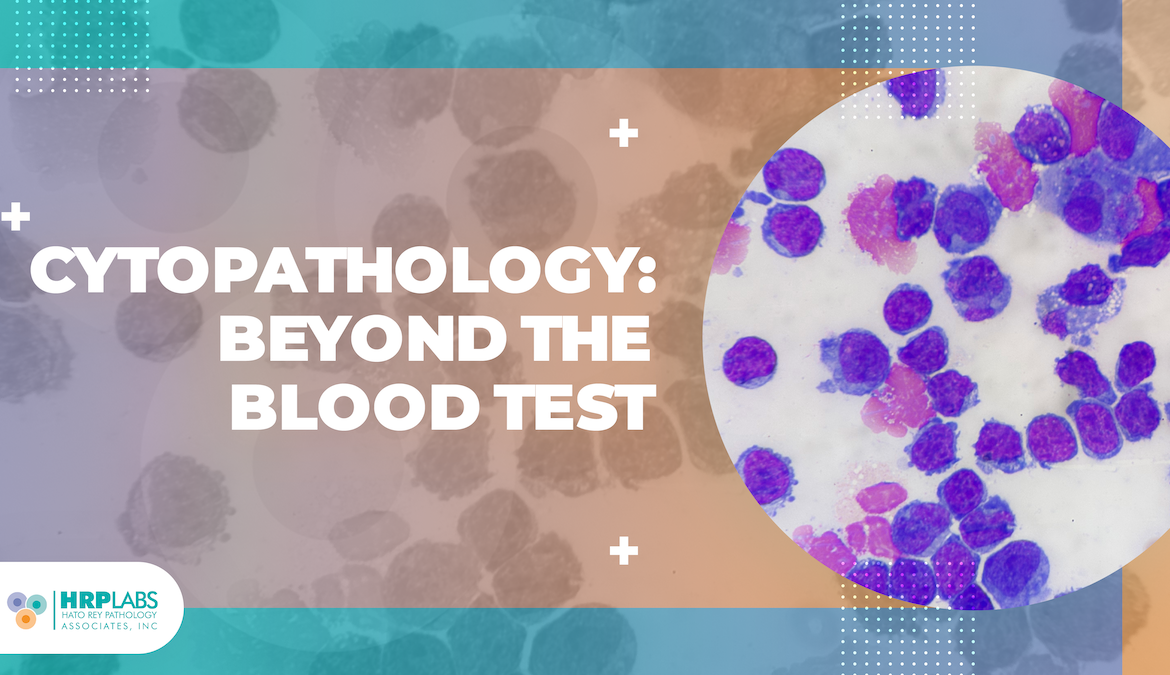
When we think of laboratory tests, blood work is usually the first thing that comes to mind. However, cytopathology allows modern medicine to analyze other biological samples—such as body fluids or fine-needle aspirations—to obtain microscopic information that is essential for understanding a person’s health.
This medical discipline studies individual cells collected from different fluids or tissues, acting as an early detection system that identifies abnormalities, infections, or even certain types of cancer—without the need for invasive surgical procedures.
Types of Samples and Their Importance
Cell analysis is performed according to the location and nature of the sample the physician needs to evaluate:
- Effusions:
These are fluids that accumulate in body cavities, such as the lungs (pleural), abdomen (peritoneal), or around the heart (pericardial). Their analysis helps detect metastatic cancers, infections, or causes of fluid buildup, providing key information about pulmonary, cardiac, or abdominal diseases. - Cerebrospinal Fluid (CSF):
This fluid circulates within the central nervous system. Its cytological study helps diagnose meningitis, neurological infections, or neoplasms that affect the brain or spinal cord. Early analysis can be crucial for detecting serious conditions in time. - Fine-Needle Aspiration (FNA):
Used to obtain cells from nodules or masses located in organs such as the thyroid, breast, or lymph nodes. This minimally invasive procedure determines whether a lesion is benign or malignant—without the need for surgery. - Washings and Brushings:
Samples collected from internal surfaces such as the bronchi, bile ducts, or urinary tract. Their analysis helps detect internal lesions or cellular abnormalities that may go unnoticed through other methods.
The Laboratory Process
Once the sample is collected, the laboratory’s specialized team follows several key steps:
- Cell concentration: The sample is centrifuged to separate and concentrate the cells.
- Slide preparation: A thin cellular layer is placed on a glass slide and stained with special dyes.
- Microscopic evaluation: The pathologist examines the cells to identify abnormalities, infections, inflammation, or early signs of cancer.
Although highly technical, this process is safe, quick, and provides valuable diagnostic information in a short amount of time.
Clinical Value and Early Detection
This type of analysis plays a vital role in fields such as Oncology, Infectious Disease, and Neurology, as it allows doctors to detect subtle cellular changes that can make a significant difference in patient outcomes.
Key benefits include:
- Early diagnosis: Enables effective treatment before the condition progresses.
- Less invasive approach: Reduces the need for exploratory surgeries and other risky procedures.
- Continuous monitoring: Facilitates therapy follow-up in patients with chronic diseases.
Together, these advantages make this technique an indispensable tool in modern medicine, helping healthcare professionals make informed decisions and ensuring patients receive more precise and safer care.
Need Guidance on Cytopathology Services?
At HRP Labs, our expert team is ready to guide you every step of the way.
For more information about tests such as effusions, FNA, or specialized body fluid studies, contact us at:
787-765-7320
servicioalcliente2@hrplabs.com
hrplabs.com

